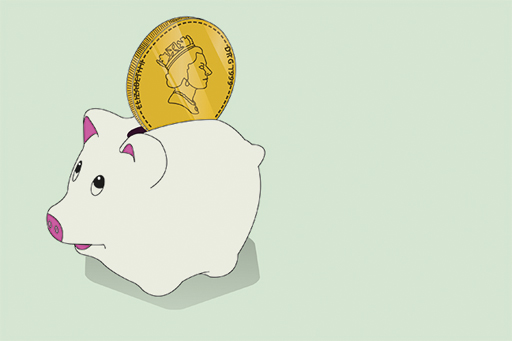1.1.1 Why should we save and invest?
Saving and investing defers consumption from the present to a time in the future. Therefore, when thinking about the reasons for households to invest, we’re really thinking about why households are deferring consumption rather than consuming now.
One important reason for saving is known as the ‘precautionary motive’ – perhaps more commonly known as ‘saving for a rainy day’. This involves building up funds to provide for unexpected events and bills. If you have no savings and an unexpected event with financial consequences occurs (such as a car being damaged or someone becoming too ill to work and losing their income), then there are only three alternatives:
- receiving a payout from any insurance taken out against such an unexpected event
- borrowing money (from family, friends or financial institutions) to pay the unexpected bills
- defaulting on any commitments, for example not making payments on a car loan or a mortgage, with the consequent risk of repossession and negative impact on future credit ratings.
Having funds set aside in investments is an important means of preparing for unexpected life events – the savings act as a buffer to protect a household against these other possibilities.
A second reason for investing is to do so for a specific purpose. You can put a certain amount aside each month (or week), based on a calculation of how much you need for a particular goal. One of the most significant purposes for saving is for retirement, but investing can also be for many other reasons, for instance saving for a child’s university education, sending money abroad to family or paying the costs of a nursing home for a parent. You can also invest money temporarily – normally in savings accounts – for events that occur in the relatively near future, like a holiday or Christmas, or for buying a car.
A third reason for investing could be to accumulate wealth for which, as yet, there is no defined purpose. The savings may later be spent on a variety of things, for example a second home, a series of holidays after retirement or leaving an inheritance to children.
These three reasons all underline an important overall aim of having investments – to give a sense of independence and autonomy to do things. Having sufficient funds in your investments could enable you to leave a job, to take a break for a few months. It could also enable you to do or buy things that you want, or to take advantage of opportunities that arise (such as being able to pay for education or start a business).

